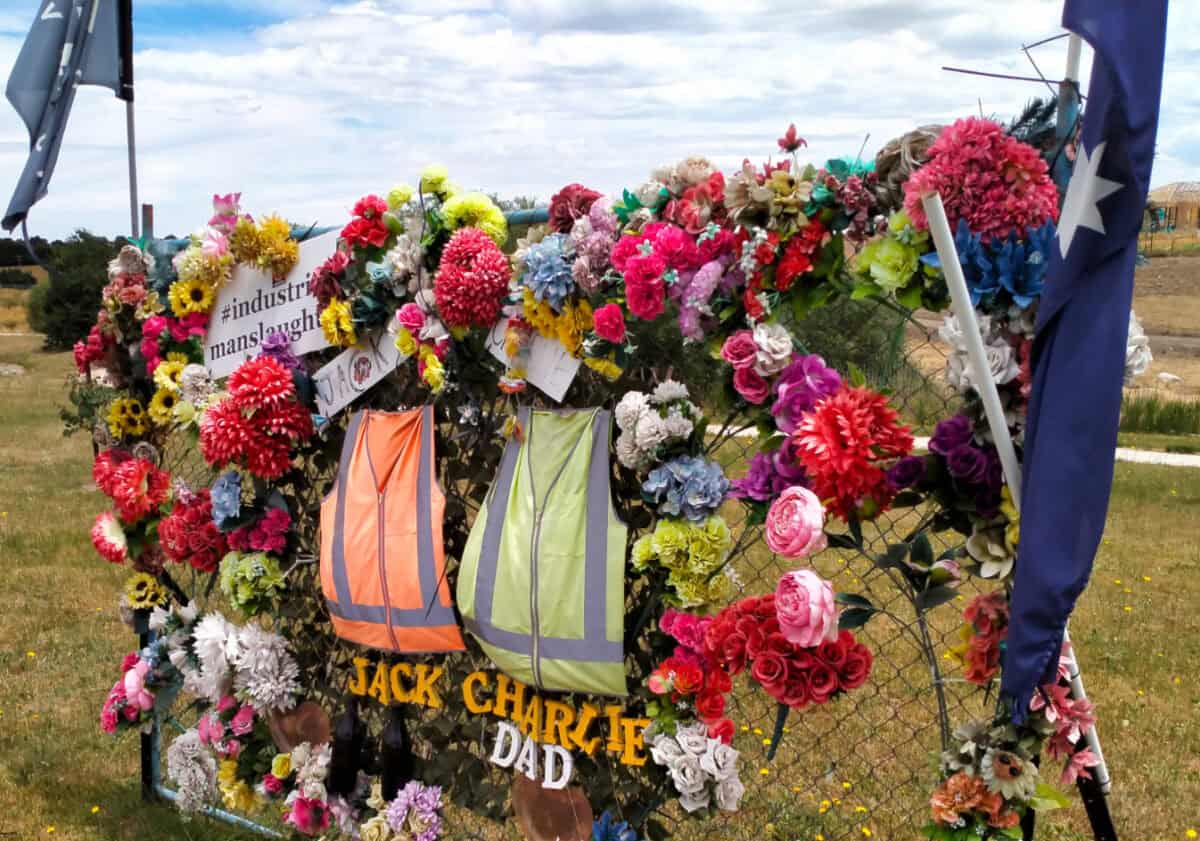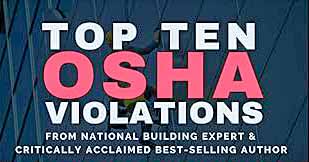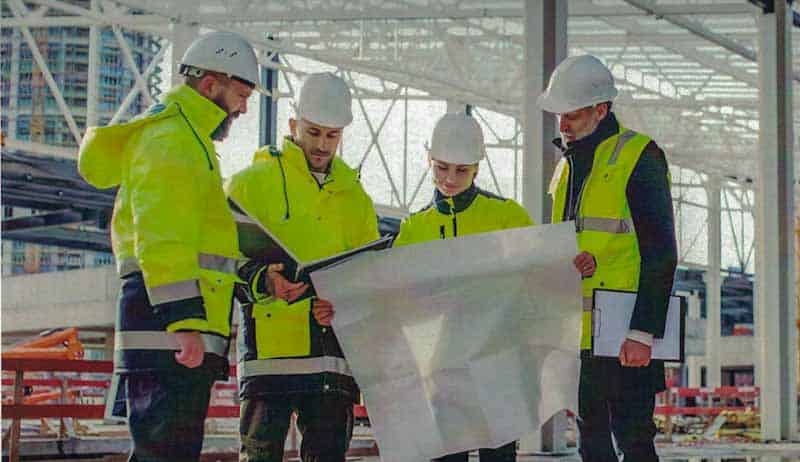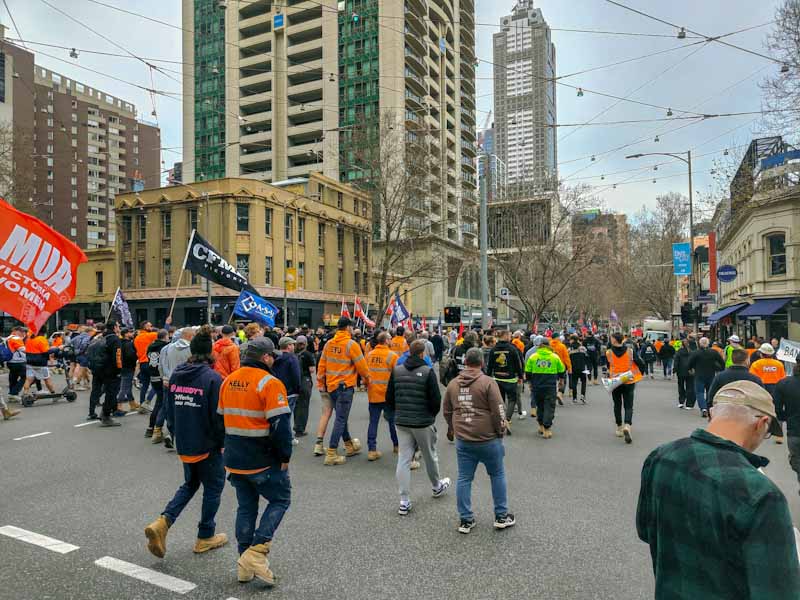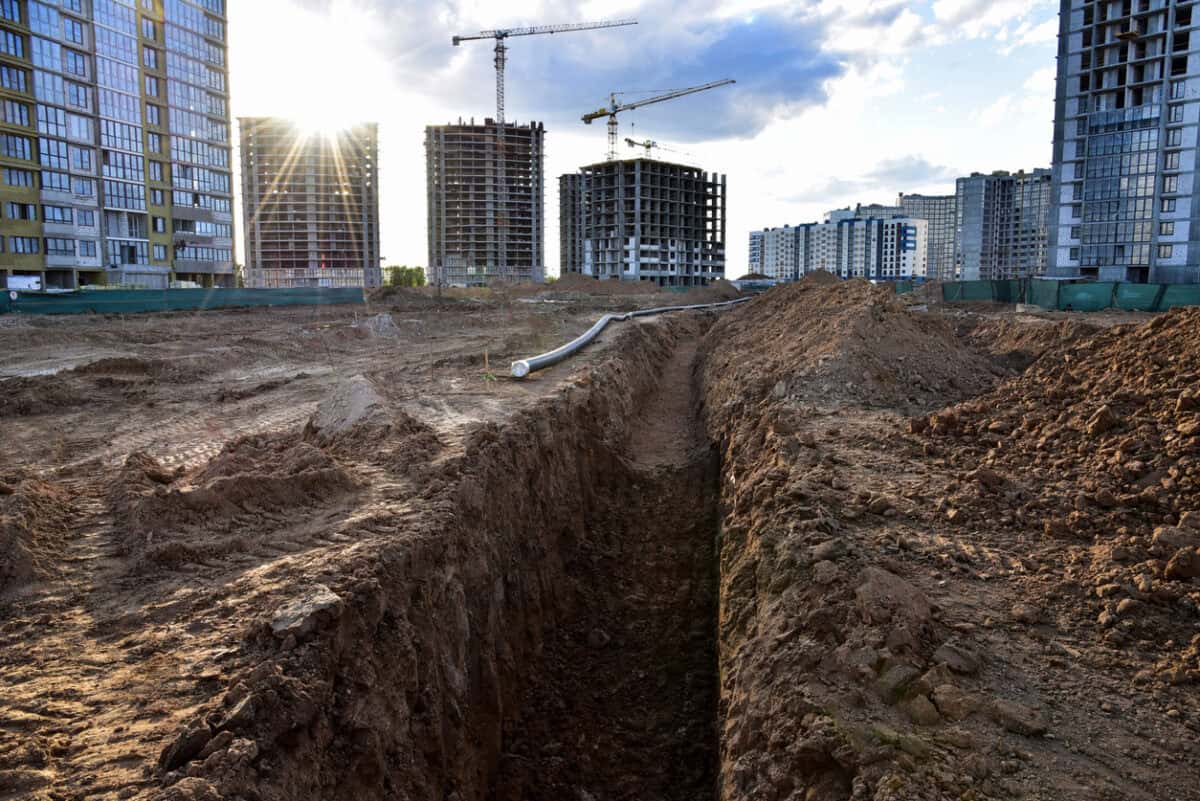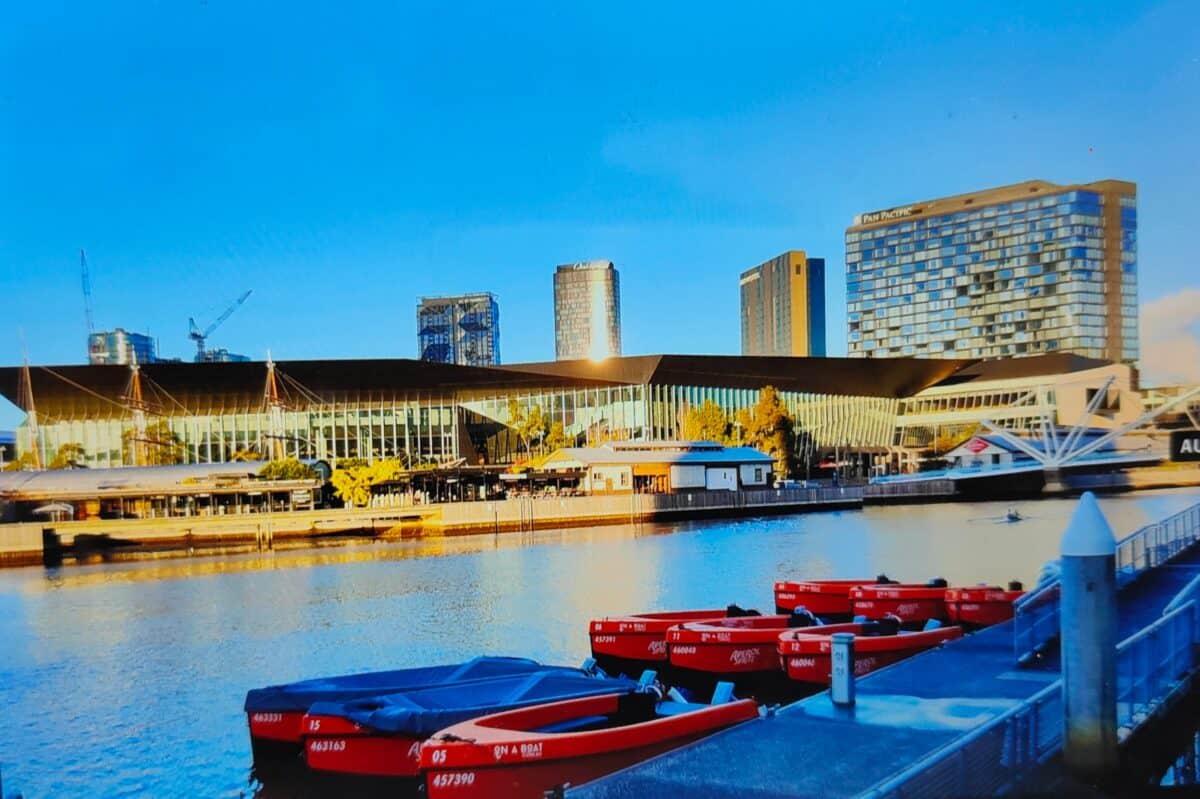Last week, the Victorian Coroner, Leveasque Peterson, released her findings into the deaths of Charlie Howkins and Jack Brownlee from a trench collapse on a residential construction site in Delacombe in March 2018. The employer, Pipecon, pleaded guilty to occupational health and safety (OHS) law breaches and was successfully prosecuted by WorkSafe Victoria. But the guilty plea meant there was only a cursory investigation of the OHS elements of the incident.
This month’s coronial findings have come without the opportunities offered by a formal inquest. So, where are the answers? What management decisions caused the trench to collapse and lead to the deaths of Jack and Charlie? The available answers seem insufficient. What lessons can be drawn from these legal processes to stop similar incidents occurring elsewhere?

